- Understanding Teeth Grinding
- Effects of Teeth Grinding on Bite
- Treatment Options for Bite Issues
- Real-Life Stories and Experiences
1. Understanding Teeth Grinding
Teeth grinding, also known as bruxism, is a common condition where a person involuntarily grinds, clenches, or gnashes their teeth. This can happen during sleep (sleep bruxism) or while awake (awake bruxism). The causes of teeth grinding can vary and may include stress, anxiety, misaligned teeth, or even an abnormal bite.
Grinding your teeth can lead to a number of oral health issues, including jaw pain, headaches, tooth damage, and bite problems. In some cases, this can cause changes in the alignment of your bite, leading to discomfort and complications in the long term.
2. Effects of Teeth Grinding on Bite
When teeth grinding occurs frequently, it can affect the alignment of your teeth and jaws, causing a misaligned bite (malocclusion). This misalignment can lead to issues such as:
Jaw Pain and Discomfort
Constant pressure from grinding can put a strain on your jaw muscles, leading to discomfort and even temporomandibular joint (TMJ) disorders. This can cause pain, clicking, or popping sounds when moving the jaw.
Tooth Wear and Damage
Teeth grinding can wear down the enamel on your teeth, which can lead to chipped or cracked teeth. Over time, this wear and tear may require restorative dental procedures, such as crowns or fillings, to protect the teeth.
Increased Tooth Sensitivity
Grinding can expose the sensitive layers of your teeth, leading to increased tooth sensitivity to hot, cold, or sweet foods and drinks. This can make everyday eating uncomfortable.
3. Treatment Options for Bite Issues
If you’re experiencing bite issues caused by teeth grinding, there are several treatment options available to help manage the condition and alleviate symptoms. The best approach depends on the severity of your case and the underlying causes of your teeth grinding.
1. Night Guards
Night guards, also known as dental splints or bite guards, are one of the most common treatments for bruxism. These custom-made devices are worn over the teeth at night to prevent grinding and reduce the pressure on the teeth and jaw. They act as a protective barrier and can help prevent tooth damage and alleviate jaw pain caused by grinding.
2. Stress Management
If stress or anxiety is contributing to your teeth grinding, learning how to manage stress can be an effective way to reduce grinding. Techniques such as meditation, yoga, deep breathing exercises, and regular physical activity can help reduce the stress levels that may be causing bruxism.
3. Correcting Teeth Alignment
In cases where misalignment of the teeth (malocclusion) is the cause of grinding, orthodontic treatments like braces or dental aligners may be necessary to properly align the teeth. Correcting the bite can not only reduce the grinding but also improve overall dental health.
4. Muscle Relaxants
If the grinding is causing significant jaw pain or muscle tension, muscle relaxants or medications may be prescribed by a dentist or physician to help relax the jaw muscles and reduce the frequency of grinding.
5. Botox Injections
In some cases, botox injections have been used to treat severe bruxism. The botox is injected into the jaw muscles to relax them and reduce the ability to grind the teeth. This treatment is typically considered when other treatments have been ineffective.
4. Real-Life Stories and Experiences
Many individuals have shared their experiences with treating bite issues caused by teeth grinding. For example, Sarah, a long-time bruxism sufferer, found relief from her jaw pain and teeth sensitivity after wearing a custom night guard. She reports that after using it for several months, her grinding has significantly reduced, and she no longer wakes up with sore teeth or jaw discomfort.
Another story involves John, whose stress-induced teeth grinding caused significant tooth wear. After incorporating stress management techniques such as meditation and yoga into his routine, along with using a night guard, he noticed a drastic reduction in his grinding episodes. His dentist also suggested braces to help realign his bite, further alleviating the pressure on his teeth.
These real-life stories demonstrate how personalized treatment approaches can make a difference in managing bruxism and preventing long-term damage to your teeth and jaw.

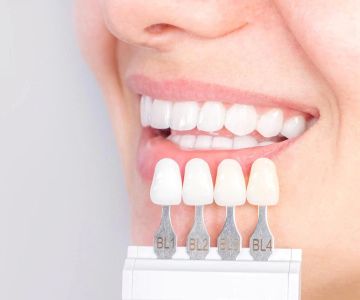

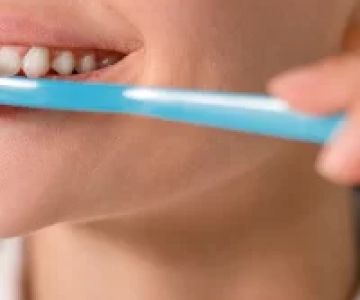
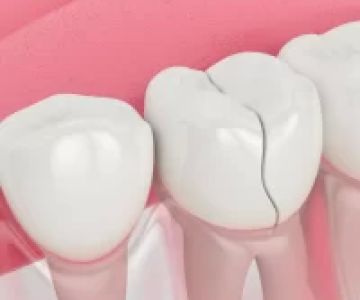
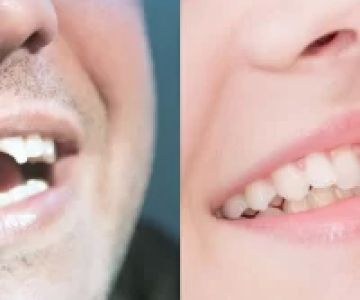
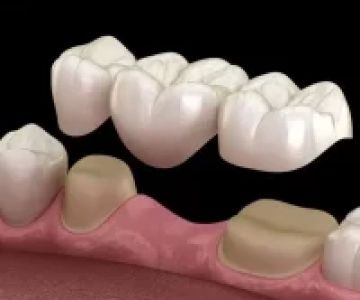
 Westgate Dental Arts
Westgate Dental Arts Coventry Family Dental
Coventry Family Dental Familia Dental
Familia Dental Dr. Daniel S. Fife, DDS
Dr. Daniel S. Fife, DDS Dentistry At Suburban Square: Michael I. Wollock, DMD
Dentistry At Suburban Square: Michael I. Wollock, DMD Comfort Care Dental
Comfort Care Dental The Importance of Oral Health Education During Pregnancy for a Healthy Pregnancy
The Importance of Oral Health Education During Pregnancy for a Healthy Pregnancy Why Skipping Dental Checkups Can Lead to Bigger Oral Health Problems
Why Skipping Dental Checkups Can Lead to Bigger Oral Health Problems Advantages of Porcelain Dental Restorations
Advantages of Porcelain Dental Restorations Best Tips for Brushing Your Teeth Properly for Healthy Gums: Essential Techniques for Oral Health
Best Tips for Brushing Your Teeth Properly for Healthy Gums: Essential Techniques for Oral Health How Can Diabetes Cause Tooth and Gum Problems? Preventing and Managing Oral Health Issues
How Can Diabetes Cause Tooth and Gum Problems? Preventing and Managing Oral Health Issues Healthy Habits for Promoting Good Oral Health and Hygiene: Tips for a Healthy Smile
Healthy Habits for Promoting Good Oral Health and Hygiene: Tips for a Healthy Smile